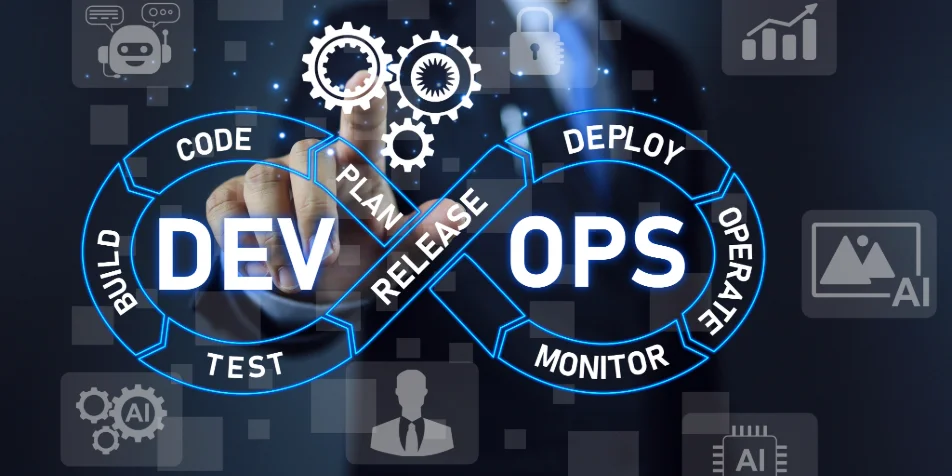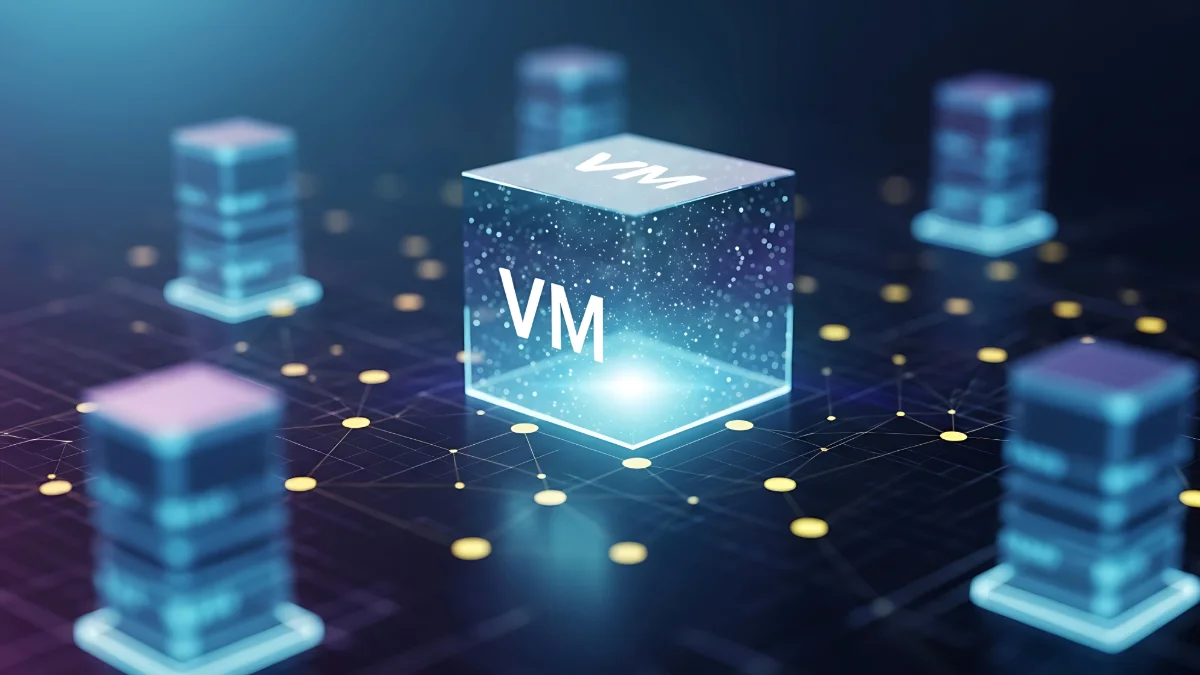How Does DevOps Work?
DevOps is a culture, methodology, and set of practices that unites software development and IT operations. To answer the question what is DevOps and what does it do: DevOps removes the barriers between development and operations teams, enabling faster, more reliable software development and continuous delivery. It allows businesses to deliver better services to their customers and compete more effectively in the market. Let’s take a closer look at the answers to questions such as what is DevOps, how does it work, and why is it important for organizations?
In today’s business world, speed, reliability, and flexibility are no longer just preferences but necessities for competitive advantage. Delays in software development and operations processes can lead to customer dissatisfaction and significant costs. This is exactly where DevOps comes into play. So, how does DevOps work, and why has it become a critical approach for companies?
The Core Principle of DevOps
DevOps is a philosophy that brings “Development” and “Operations” teams together around a shared culture and processes. The goal is to accelerate the software development lifecycle, minimize errors, and increase operational efficiency. This approach is not just about technology or tools but is built on collaboration, automation, and a culture of continuous improvement.
DevOps Working Principle
The DevOps working principle can be explained through a lifecycle consisting of eight stages. The DevOps lifecycle covers the entire process, from planning to deployment and post-deployment monitoring, in a continuous loop. Each stage is interconnected, and ongoing feedback enables continuous improvement. Unlike traditional software development cycles, this model is iterative, continuous, and automation-driven. In an organization, the DevOps working principle can be summarized step by step as follows:
- Planning: Projects are planned according to business objectives and customer needs. Development and operations teams collaborate at this stage.
- Coding and Version Control: Developers write code and upload it to the version control system.
- Continuous Integration: Each new piece of code undergoes automated testing, allowing potential errors to be identified at an early stage.
- Testing: Automated and manual tests ensure software quality and security.
- Continuous Delivery: Approved code is deployed to testing or production environments through automated processes, enabling rapid and secure updates.
- Deployment: The software goes live and becomes accessible to users.
- Infrastructure and Automation: Tasks such as server management, security patches, and scaling are automated using the “Infrastructure as Code” (IaC) approach.
- Monitoring and Feedback: Applications running in production environments are continuously monitored, and the data collected is used to enhance performance and improve user experience.


















